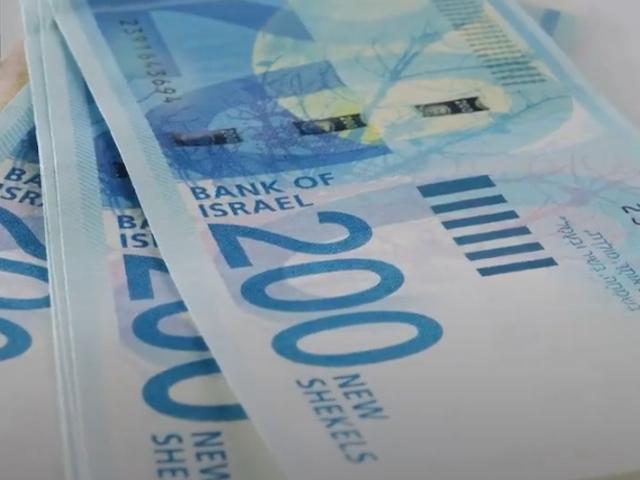Israel’s fiscal deficit has surged to a staggering 8.1 percent of gross domestic product (GDP), translating to NIS 8.5 billion ($2.2 billion) over the past 12 months, driven by the relentless funding of the prolonged war with Hamas and the intensified conflict with Hezbollah. These preliminary figures, released by the Finance Ministry, underscore the severe financial strain on the nation's economy.
This alarming increase marks the fourth consecutive month where the deficit has exceeded the government's target of 6.6% of national output set for 2024. For context, Israel recorded a budget deficit of 4.2% in 2023, highlighting the dramatic escalation in fiscal pressures.
Month-by-Month Deficit Growth
- July: 8.1% of GDP
- June: 7.6% of GDP
- May: 7.2% of GDP
- April: 7% of GDP
This persistent rise in the deficit is attributed to the surging military and civilian expenditures. In July alone, government spending soared to NIS 49.4 billion, bringing the total expenditure since the start of the year to an eye-watering NIS 350 billion. This represents a 33% increase compared to the same period in 2023. The staggering costs of the conflict, ignited by the October 7 Hamas onslaught, have swollen to NIS 88.4 billion.
“The increase is mainly due to high expenses for the defense and security system as well as for civil ministries because of the war in addition to rigid payments resulting from agreements,” the Finance Ministry noted in its report.
Revenue Insights
Despite the grim fiscal outlook, there has been a slight uptick in state revenues. In July, state revenues amounted to NIS 40.9 billion, up from NIS 39.1 billion in the same month last year. Cumulatively, from the beginning of the year, total revenues reached about NIS 277.8 billion, a 3.1% increase compared to NIS 269.4 billion in the corresponding period last year.
Israel’s cumulative deficit for the last 12 months grew by 0.4% and stood at 8.1% in July, according to the Finance Ministry's first prediction.@EveBelleYoung reportshttps://t.co/FtaK2t2ZaT
— The Jerusalem Post (@Jerusalem_Post) August 8, 2024
Foreign Exchange Reserves Reach Near Record Highs
Amid the financial turbulence, Israel's foreign exchange reserves have shown remarkable resilience, rising from $204.665 billion to $213.634 billion over the past 12 months. This figure is slightly below the record-high of $213.731 billion recorded in March 2024.
At the end of July 2024, the Bank of Israel reported foreign exchange reserves of $213.634 billion, marking an increase of $3.353 billion from the end of June. The reserves' level relative to GDP was a substantial 42%.
This increase in reserves was primarily due to a revaluation that boosted them by approximately $4.278 billion. However, this gain was partially offset by the government’s foreign exchange activities, which amounted to about $932 million.
Israel’s Foreign Reserves $213.634 Billion End of July - @JewishPress - https://t.co/bnAFantmaY pic.twitter.com/H4yfAuQOsi
— JewishPress.com (@JewishPress) August 7, 2024
Interestingly, despite announcing in October 2023 a plan to sell up to $30 billion in foreign currency to support the shekel, the Bank of Israel refrained from selling any foreign currency in July. To date, only $8.5 billion has been sold since the onset of the war, most of it in October.
In conclusion, while Israel's fiscal deficit continues to expand due to heavy military and civilian expenditures, the country's foreign exchange reserves remain robust, nearing record levels. This dichotomy underscores the complex financial landscape facing Israel as it navigates the challenges of prolonged conflict and economic management.


